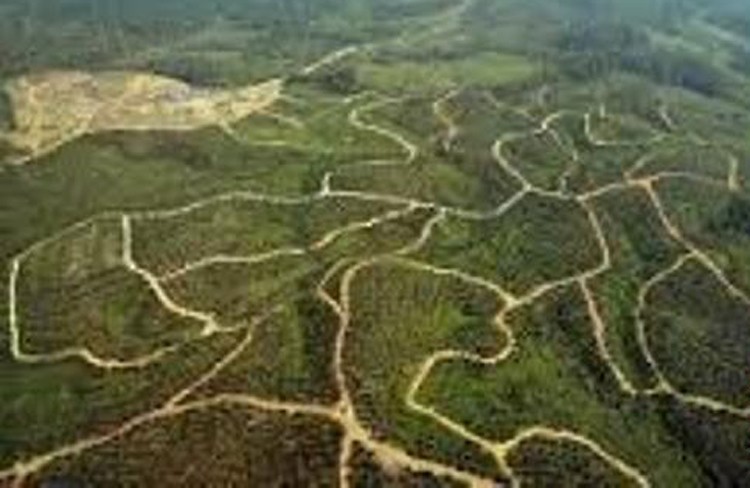Popular Reads
Top Results
Can't find what you're looking for?
View all search resultsPopular Reads
Top Results
Can't find what you're looking for?
View all search resultsOpening data on landholdings
Change text size
Gift Premium Articles
to Anyone
W
e are confused by the mind-boggling stubbornness of Agrarian and Spatial Planning Minister and National Land Agency head Sofyan Djalil in refusing to execute the 2017 Supreme Court order to publicly disclose data on Right to Cultivate (HGU) land permits of oil palm plantation companies.
Even without the Supreme Court ruling, the 2008 Public Information Disclosure Law should classify data on plantation HGU permits as eligible to be made public. The question is why President Joko “Jokowi” Widodo allowed his Cabinet member to violate the Public Information Disclosure Law.
The minister’s argument that opening the HGU data would jeopardize national interests given the important role of the palm oil industry in the economy is groundless. True, the palm oil industry has grown into an important sector of the economy in terms of export earnings, employment and vegetable oil production.
But we cannot see how opening the HGU data would threaten the industry. On the contrary, the refusal to disclose the HGU data not only would make it rather impossible for the public to oversee how regional administrations issue HGUs but also strengthen the perception of huge inequality in land use.
It has long been a public secret that several plantation groups hold HGUs for as much as 1 million hectares, and many others cover hundreds of thousands of ha.
The Agriculture Ministry often claims that oil palm estates now cover a total area of about 12 million ha, of which 40 percent is owned by smallholders, 20 percent by stateowned companies and 40 percent by private companies. But like the data on most other crops, the figures on the acreage of oil palm HGUs remain questionable.
The questionable data seem to be one of the most contentious issues and the main reason for perpetual allegations by international green watchdogs that the expansion of oil palm estates in Indonesia causes massive deforestation. The lack of transparency on the HGU data could even weaken Indonesia’s stance in the international forum against the European Union’s decision to phase out palm-oil based biofuel from its energy mix by 2030.
It is a blunt fact that inequality is quite glaring in oil palm plantations, unlike rubber plantations, which are dominated by smallholders (who hold 80 percent) and yet make Indonesia the world’s second-largest producer.
But transparency on the HGU data would help with public oversight of the industry and improve Indonesia’s credibility, notably among international green NGOs.
More importantly yet, comprehensive and accurate data would help improve government policy-making, especially with regard to the enforcement of the 2014 Plantation Law’s provision requiring plantation companies to develop business partnerships with smallholders covering a least 20 percent of their total plantation acreage.
Such partnerships, whereby companies act as agents of development to empower smallholders in adopting best farm practices, would gradually help reduce inequality in the industry.










